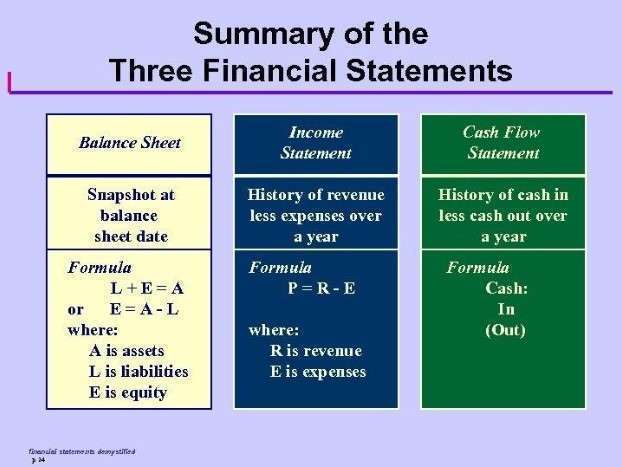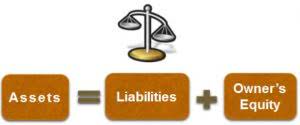
Sustainable materials often have higher upfront costs but lower long-term maintenance expenses. Additionally, energy-efficient practices can lead to tax credits, lowering operational costs and improving cash flow over time. The proper management of cash flow is essential for any business, but it’s the key to success for construction companies. With so many moving parts for every project and multiple jobs happening simultaneously, it’s often a hefty task to maintain balanced cash flow. For example, if your company’s cash inflows totaled $500,000 and your total cash outflow was $300,000, your net cash flow equals $200,000.
Cash Flow Financing: Unlocking New Funding Through Business loans
Contracts must serve as a Bookkeeping for Veterinarians foundation for mutual understanding and legal protection to support cash flow in construction and project success. Accurate forecasting enhances decision-making, mitigates financial risks, and helps ensure a smooth cash flow throughout the project lifecycle. Scenario planning is a strategic approach to prepare for various outcomes that may impact cash flow.
Strategies to Improve Accounts Payable Management
- The COVID-19 pandemic has brought unprecedented challenges for the construction industry.
- Adhering to regulatory requirements for financial reporting is a critical aspect of construction project management.
- In the calculation of Net-Present Value (NPV), the expenses are considered as negative, and incomes are considered as positive.
- All reports are customizable, meaning they can be filtered to show details or provide a summary and share easily to update stakeholders.
- That leaves you with $75,000 to budget for expenses—like labor and raw materials.
The best of these products are easy to use and make necessary data readily available. Payroll can be different in construction cash flow construction than it is in most businesses. You can hire subcontractors who are often paid every four weeks to help improve your cash flow.

Handling Project Overruns and Change Orders
QuickBooks allows you to create and send professional invoices, accept online payments, and track the status of your invoices. You can also sync your bank accounts and credit normal balance cards with QuickBooks, and automatically record and categorize your transactions. QuickBooks also provides reports and dashboards that show your cash flow, income, expenses, and profitability.

Webinar: Turn Your Business Into a Money-Making Machine
Cash flow refers to the money flowing in and out of a business during a certain amount of time. Profit is the amount of money left over when you subtract all of your expenses. For example, you may see that you have more revenue during the summer months ⛱️ than you do during winter. ❄️ If that’s the case, you may need to save money or cut costs to ensure you have enough cash to cover expenses during slow periods.
Improved financial planning and forecasting

For example, you may need funds to pay electrical and plumbing subcontractors before installing drywall and flooring. Without a positive cash flow to pay for ongoing costs, you can face delays and a lower profit margin. Remember, these best practices are based on industry standards and guidelines and can help you optimize cash flow management in your construction projects. By implementing these strategies and adapting them to your specific project requirements, you can ensure a healthy and sustainable cash flow throughout the project lifecycle.
